Even if you’ve been a landlord for years, there’s one aspect of the job that doesn’t get easier with time: keeping on top of your accounting obligations. Navigating through legislative and regulatory changes is one challenge. Understanding the structure of the tax system for landlords, where you fall within it and keeping on top of your financial obligations is entirely another.
To help you better understand this, we’ve written some tips to get started.
Does a landlord need an accountant?
Whether rental income is your primary occupation or not, compliance and tax efficiency can be a huge burden to take on. But does this mean that landlords need accountants per se? A good rule of thumb is, if you’re making an investment as large as a second property (or more) to let, it is likely you would be seeking financial advice.
It makes sense to then seek advice from someone who has experience and expertise in the taxation of your investment.

Decide what type of landlord you’ll be
One of the first steps is deciding what type of landlord you will be. As it is a business, there are tax structures in place to make sure that depending on business type, you pay the correct amount of taxes.
The main two are:
- Sole trader
- Limited company
Both are different in terms of tax obligations and administration, and whichever you choose will have a big impact on your property purchase. You can read more about the differences between a sole trader and a limited company here.
The next step is registering for Self Assessment
Regardless of what business type you choose, you’ll likely need to complete a Self Assessment annually. If you’ve only ever worked as an employee of a company, then you will need to register for Self Assessment.
If you need to register, make sure you do so before the 5th October in the first 12 months of your business operating, because without registering you won’t be able to complete your Self Assessment by the annual deadline of 31st January.
Keep track of your property expenses
Accurate bookkeeping is important, regardless of what type of landlord you decide to be. You should be recording your property expenses because – aside from it being good financial and business sense – some of those expenses, called allowable expenses, can be claimed back.
Some allowable expenses a landlord can claim are:
- water rates, council tax, gas and electricity;
- landlord insurance;
- letting agents’ fees;
- direct costs such as phone calls, stationery and advertising for new tenants; and
- legal fees for lets of a year or less, or for renewing a lease of less than 50 years.
These costs must be fully and solely incurred from renting your property. For more information on allowable expenses, you can download our free guide.
Choose your long-term goals
Are you going to let just one property? Or do you want to have a portfolio of properties, and to make this your primary business? These are important things to consider before taking any further steps. This choice will determine what kind of mortgage(s) you will need, as these can be tricky.
Consulting experts that know how to cater these decisions to suit yours and your family’s lives as and financial future is the best way to go. Whilst there is lots of advice for landlords available out there, the benefits of knowing your full tax picture shouldn’t be underestimated.
Warr & Co can help you be a successful landlord
At Warr & Co, we cater our services to all types of businesses, offering a straightforward, honest approach. We don’t believe the on-size-fits-all approach – instead, we specifically tailor our advice and services based on your personal and financial situations and tax position.
Not only do our highly skilled team of landlord accountants have many years of experience under their belts, but many of them are landlords themselves so have personal experience to draw upon. This is what really sets us apart from the rest.
We can provide a comprehensive service, keeping you compliant and tax efficient. Start your journey today and get in touch for a free, no-obligation consultation.
Need more information? Download our free guide.
Download our free landlord accounting guide to learn more about taxes and property rental, including the latest changes, the pros and cons of going Ltd, and even a free Profit & Loss spreadsheet.

Bradley attended Boston University where he received a Bachelor’s degree in Economics and Political Science as well as a Master’s degree in Business Administration from Columbia University Graduate School of Business (currently attending). He loves to write about everything business related.






